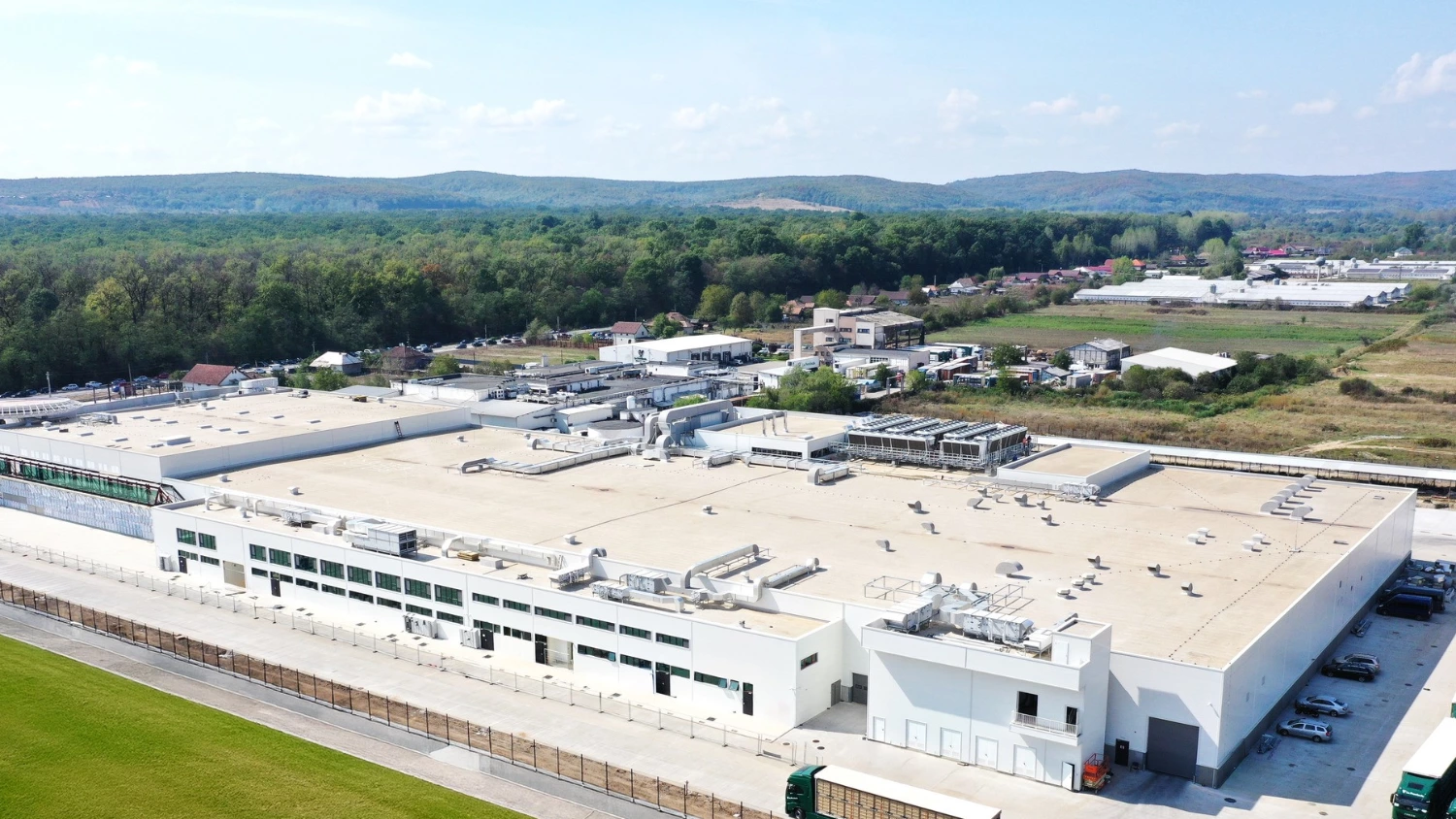Most CFOs and top management with tax functions (87%) stated that GenAI will encourage increased efficiency and effectiveness, representing an increase almost six times higher than last year when only 15% of respondents shared this view. On the other hand, three-quarters of those interviewed (75%) acknowledged that they are only in the initial stages of their GenAI journey as an option in tax optimization.
One of the conclusions of this year's EY study, which collected very detailed information from 1,600 CFOs and tax specialists from 32 jurisdictions and 18 sectors, is that financial-tax functions will need to transform to cope with increasing cost pressures, as well as inherent market factors (such as human resource shortages), and the requirements to comply with new and complicated tax regulations that have recently emerged.
Efficient budget management – Top priority
For the first time in the six-year history of the EY study, cost pressures represent the main concern for respondents, with the cumulative impact of inflation and cost-cutting needs significantly eroding the real-term budgets of companies' financial-tax functions. Nearly half (49%) of respondents stated that efficient budget management is their main priority, and 86% said they intend to reduce costs. However, the necessity of technological transformation is a one-way street and comes from legislative and reporting pressures.
The study also highlights that tax functions are increasingly facing the imperative of managing very complex tax responsibilities, involving an ever-growing volume of data. This includes electronic invoicing and real-time digital tax reporting, which will become mandatory in the near future in nearly 100 countries, as well as compliance with the adoption of OECD recommendations, such as BEPS 2.0, which advises governments to impose a global minimum tax of at least 15% on large corporations. Almost half (42%) of organizations anticipate a considerable number of adjustments needed to obtain the reporting data for BEPS 2.0, and most (82%) expect moderate to significant changes in their reporting processes.
Andra Cașu, Partner, Head of Direct Taxes, EY Romania: "In Romania, we observe that the trend of digitalization started after the pandemic, but the pace of companies' voluntary openness was quite slow until it became clear from the tax authorities' perspective that fiscal digitalization had started without the right to opt-out. For example, in indirect taxes, there are already several electronic reporting obligations, requiring an acceleration of compliance and internal transformation of Romanian taxpayers. On the other hand, the emergence of new additional reporting obligations (such as the minimum turnover tax, FATCA, CRS, DAC6, BEPS 2.0), as well as the prospects of other additional reporting requirements (such as DAC7, DAC8, etc.) clearly show the need to increase the efficiency of the tax function. How companies in Romania will cope with these requirements will certainly depend on their internal capacity to absorb multiple additional tasks, but also on the mindset they will adopt, ideally one that is open to the new and accustomed to the rapid pace of change. In other countries in this region of Europe (such as Poland, Czech Republic, Hungary), the pace of digital transformation in the economy and the automation of the tax function is already much higher, and therefore Romania needs to evolve much faster in this area to remain competitive."
The shortage of human resources is already a critical issue, with 70% of financial-tax function leaders saying they acutely feel the impact of the diminishing number of accountants entering the profession (this shortage being particularly observed in the context of the retirement of the third-age generation). More than half (53%) of respondents stated that they are facing difficulties in retaining or attracting qualified people, which would not be surprising, given the dissatisfaction in recent years, generally at a global level, regarding the level of preparation of the new wave of tax specialists. But what is truly one of the surprises of the study is that almost two-thirds of respondents (62%) consider that employees without higher education are becoming an increasingly important source of human capital.
The good news is that 55% of respondents stated that, in their opinion, GenAI will not lead to a reduction in the number of employees in tax functions. Instead, companies will allocate the time of employees in financial-tax functions to higher-value and strategic activities, rather than routine compliance tasks.
GenAI is already revolutionizing the financial-tax industry by contributing to the management of complex reporting activities and large volumes of data, the study reveals, and encourages tax specialists to adopt a transformative mindset. Thus, they can be more efficient, focus on activities with more strategic nuances, and make better decisions, which will generate value for their organizations. Tax leaders face difficulties in identifying how to best leverage AI technology, and now is the right time to prepare the tax function for the future by developing a plan to integrate GenAI responsibly.










